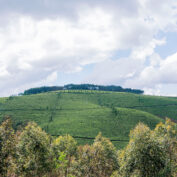
ReGenerate Rwanda
ReGenerate Rwanda works to boost incomes, address the unmet demand for essential products and services, and deliver environmental benefits.

ReGenerate Rwanda works to boost incomes, address the unmet demand for essential products and services, and deliver environmental benefits.
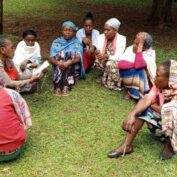
CREW is helping to boost rural livelihoods, preparing farmers to navigate climate risks, and supporting women's leadership in coffee in Ethiopia
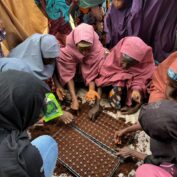
Horticurity: Food Security for Resilient Communities is a two year project funded by the Citi Foundation. The project works with smallholder horticulture producers, home gardeners, and fruit and vegetable vendors in 31 communities in Nigeria’s Delta and Kano states to improve food security, increase incomes, and strengthen community resilience to climate and economic shocks.

The Horticulture Market Acceleration Project (HortiMAP) was a four-year project to improve farmer livelihoods, boost household nutrition, and create jobs in Uganda’s horticulture sector. It was funded by the Embassy of the Kingdom of the Netherlands and implemented by TechnoServe in collaboration with a consortium including BiD Capital…

Project StreFaS is a three-year initiative funded by AGRA and Nestlé, aimed at supporting grain farmers and small and medium enterprises (SMEs) in Nigeria to access formal markets, enabling their integration into higher-value supply chains. By promoting regenerative agriculture, StreFaS strengthens the resilience of farmers and SMEs, improves farm productivity, and supports more sustainable grain production in Kaduna and Nasarawa State Nigeria.

The West African Fortified Parboiled Unpolished Rice (WAFPUR) Project is an initiative supported by the Rockefeller Foundation to improve nutrition and food security in Nigeria. By promoting the production and consumption of fortified parboiled unpolished rice (FPUR), the project seeks to address micronutrient deficiencies while creating economic opportunities for local rice processors.

Potencia tu Agroempresa is a two-year Business Accelerator initiative funded by the by Argidius Foundation, Barranquilla Chamber of Commerce, and Santo Domingo Foundation to boost Latin American Agri-food tech Start-ups and Small food processing businesses in Colombia, Guatemala, Argentina, Chile, and Mexico to enhance food security in the region through their success.
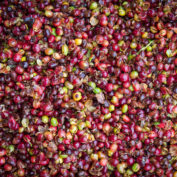
CAFE Amazonía Resiliente is a four-year initiative (2025-2029) funded by JDE Peet’s in Peru, aimed at improving the productivity and income of 12,500 smallholder coffee farmers in the San Martín and Huánuco regions. By promoting regenerative agricultural practices, forest conservation, and access to formal markets, the project seeks to ensure a high-quality coffee supply while strengthening the resilience of farming communities.
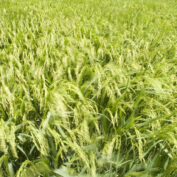
The Promoting Rice Fortification in Nigeria (PRiFN) Project is an initiative funded by the World Food Programme (WFP) to increase the adoption of rice fortification by rice millers and processors as well as to promote the consumption of fortified rice in Nigeria. The project aims to support the Nigerian…

“Ebibala Bugagga ne TechnoServe” is a marketing campaign in the Lake Victoria Crescent, Elgon and Kigezi regions of Uganda focusing on; The Horticulture Credit Line (HCL) – a tailor-made funding facility (loan) to smallholder farmers engaged in horticulture, the promotion of Certification of Horticulture products…